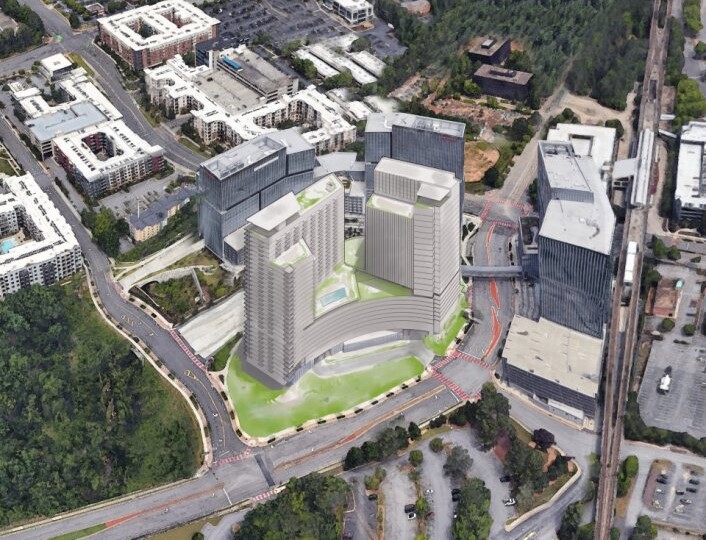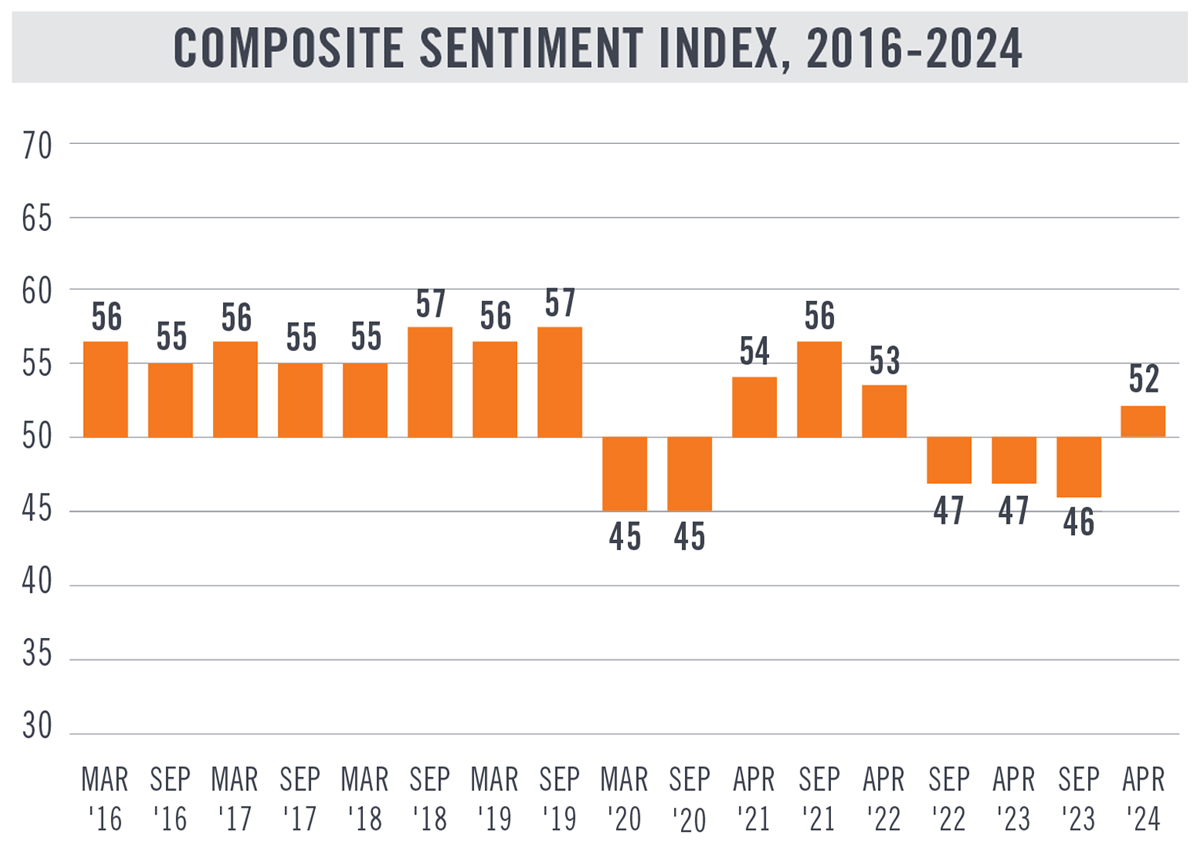Retail Getting a Bum Rap: Deutsche Bank Panel
The reports of retail real estate’s demise have been greatly exaggerated. That was the consensus of a panel of major retail property owners at the Deutsche Bank 2008 Real Estate Outlook Conference this afternoon, moderated by Louis Taylor, a managing director of the bank.Taylor kicked the panel off by describing the reports of gloom he¹s…
The reports of retail real estate’s demise have been greatly exaggerated. That was the consensus of a panel of major retail property owners at the Deutsche Bank 2008 Real Estate Outlook Conference this afternoon, moderated by Louis Taylor, a managing director of the bank.Taylor kicked the panel off by describing the reports of gloom he¹s seen in recent weeks regarding retailers and the real estate industry that they support, because of a consumer-led recession on the horizon. “One research firm said recently that retail is going to get killed,” he said. “We’re here today for the views of the people who own and operate those shopping centers. They’re on the front lines.”The panelists agreed that consumer spending will not grow as vigorously in the coming years as it has recently, but also said that that was no cause for alarm. “The consumer is being more conservative, and rightfully so, but sales productivity at our centers continues to be on the uptick,” said panelist Daniel Hurwitz, president & COO of Cleveland-based Developers Diversified Realty Corp. “The retailers who have the right merchandise atthe right price are still doing significant business. There are winners and losers in market share, and consumers are voting every day with their purchases.”He characterized some of the discounters and value-retailers, such as Walmart, as “haves” in the current climate. As for the “have-nots,” he said that many of the small, popularly priced shops in some malls and lifestyle centers have seen double-digit negative comparable sales recently.Overall, however, “we’ve had a number of recessions, but retail sales have never declined,” Hurwitz continued. “There’s no reason to think they’ll decline now. We have population growth, job growth and wage growth.”Panelist Robert Michaels, president & COO of Chicago-based General Growth Properties, said that even holiday sales figures weren’t necessarily bad. “As you look at the holiday sales for this year, you have to look at not only December, but also November, and January because of the tremendous sales of gift cards,” he said. “But I agree that there have been haves and have-nots. Some of the players have come out with very good numbers, while some of the others didn’t.”Michaels posited that there will be only a few more store closings overall in 2008 than last year. But even those closures will represent opportunities for mall owners in many instances. “Those are opportunities to retool and bring in a lot of new concepts that want to be in the malls,” he said. “Even though the first two quarters will be a little slower, but I think the third and fourth quarters will actually be quite good.”The question of the housing slump came to the fore, with Phoenix as a particular example. According to panelist Thomas O’Hearn, CFO of the Santa Monica, Calif.-based Macerich Co., which owns a number of shopping centers in that market, “a lot of reports about Phoenix are overblown. It¹s been one of the fastest-growing cities in the country for the last 10 years.Population growth this year is forecast to be about 2.8 percent, and job growth about 2 percent, so the sky isn’t falling in Phoenix. Those are still good numbers, they¹re just off from the highs of the past few years.”In any case, he pointed out, retail property owners have a different revenue cycle than retailers. “It doesn’t impact our bottom line until quarter after quarter after quarter of slowdowns for retailers, who then slow down in their leasing activity,” he said. “But generally speaking, we have 10-year leases with national credit tenants, and a temporary slowdown isn’t going to stall their leasing activity. Retail is a resilient property type even inthe face of a softening economy.”Panelist Stephen Sterrett, CFO of Indianapolis-based Simon Property Group Inc., said that the company’s properties in some places–Miami, Orlando and Las Vegas, for example–are “on fire, with robust sales increases,” because of international tourists are so prevalent in those markets. On the other hand, with the serious housing slump in Florida, he added that suburban malls in that state have been weaker than any other section of the country.”We want all our tenants to succeed, but recognizing that some will inevitably fail, you want to own the best real estate, where the demand for the space is highest,” he continued.As an anecdotal example, he cited the fact that Talbots was discontinuing its kids’ and men’s stores. “I looked at our database, and we had a half-dozen kids’ stores–all in A-plus malls,” he recalled. “All of those were doing, on average, maybe 50 percent of the volume on a per-square-foot basis that the mall was doing. First of all, Talbots is a credit tenant, sothere will be negotiation about what to pay to exit the store. Secondly, we’re going to be able to lease that space to retailers who will do a higher volume. It’s a net positive for us.”






